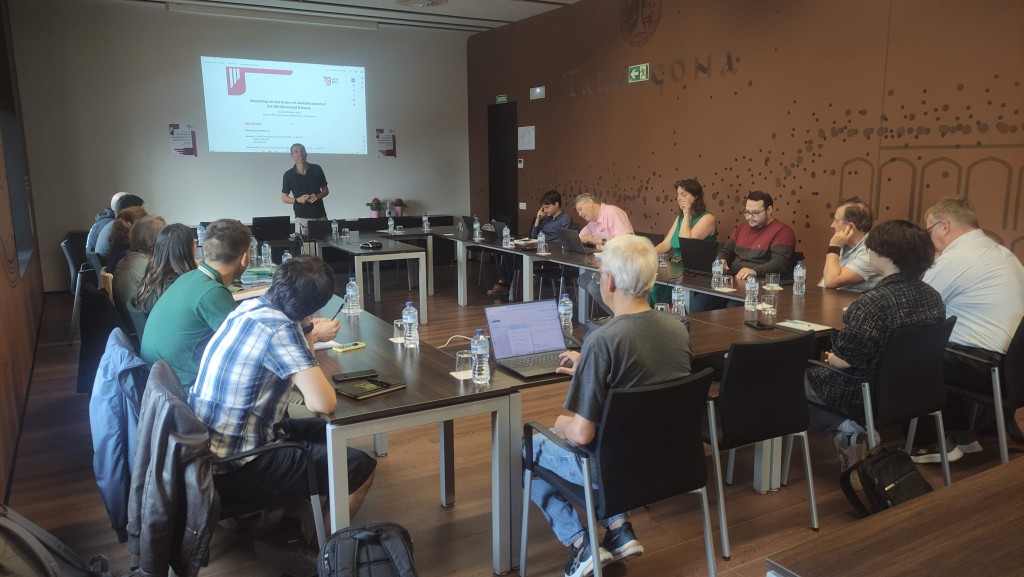Press notes 21/10/2024
Tarragona hosts the first international workshop on the privacy and anonymization of census data
The event brings together international experts in statistics, computer science, demography and law to find solutions that ensure privacy without compromising data quality

The event brings together international experts in statistics, computer science, demography and law to find solutions that ensure privacy without compromising data quality
From Monday to Wednesday this week, Tarragona is hosting an international meeting on the privacy and anonymization of census data. The gathering includes a research team from the HERMES project of the URV’s Department of Computer Engineering and Mathematics, which has organized the event and invited specialists in statistics, computer science, demography, and law from universities and institutions in the United States, Germany, and Italy. Over the three days, participants will be addressing issues that arose following the implementation of the controversial “differential privacy” method in the United States Decennial Census of 2020. This method aims to protect individuals’ identities by adding statistical noise to the data. Although designed to ensure privacy, this approach has sparked controversy for affecting data accuracy, thus compromising its efficacy for research and policy-making.
Throughout the three-day workshop, the effects of this differential privacy approach, which has led to significant inaccuracies in published data, will be examined. The goal is to seek innovative solutions that can maintain privacy without compromising data quality. The findings from these sessions will be essential for future census publications, including the 2030 U.S. Census.
The HERMES Project
The URV’s HERMES project was launched in 2023 with the aim of developing and implementing advanced cybersecurity technologies that protect data and communications, contributing to the creation of a secure, resilient digital ecosystem that complies with current and future regulations.
Within this project framework are two initiatives: the strategic HERMES project and the INCIBE-URV cybersecurity project, both funded through the European Union’s Next Generation funds via the National Cybersecurity Institute (INCIBE). These initiatives are part of the Recovery, Transformation, and Resilience Plan, a roadmap set by the Spanish government to modernize the national economy, drive economic growth, create jobs, promote a solid, inclusive, and resilient economic recovery after the pandemic and address the challenges of the coming decade.
